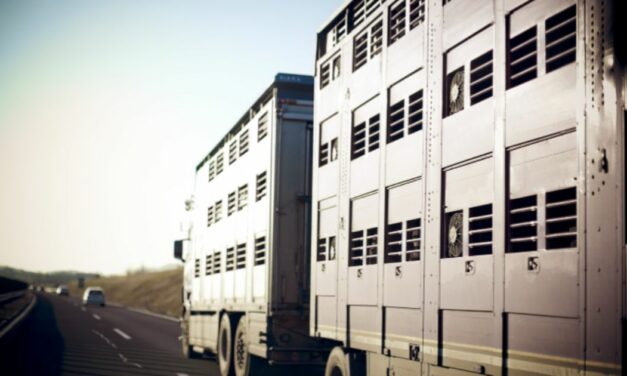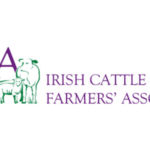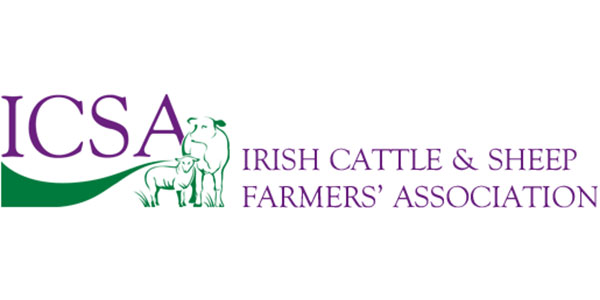Michael Gove’s announcement that he will impose food import tariffs to protect British farmers will add to Brexit worries for farmers here.
In many respects, Gove’s comments illustrate the many contradictions in the pro-Brexit position. It is at odds with the pro-free-trade ideology espoused by many Brexiteers.
The problem for Irish farmers is that it crystallises the worst outcome of a no-deal Brexit. Tariffs on beef imports to the UK will hit Irish farmers in the no-deal scenario. We are looking at 58% additional cost on our beef exports and 52% extra on cheese exports, at WTO tariff levels. The Government costs these these tariffs at €1.7 billion per annum.
Here in Brussels, there is widespread frustration with the UK position.
There is little sign of EU concessions on the Withdrawal Agreement which is a logical response to the incongruity of Theresa May voting against her own agreement.
Moreover, the likely position of Brussels is to impose tariffs on UK imports as well, in the absence of an agreement outcome.
Meanwhile, Gove will have to grapple with whether he imposes such tariffs on all UK food imports which will cost UK consumers or selectively applies tariffs to non-EU food imports which is potentially illegal under WTO rules but which might be justified on the grounds of national emergency and on the calculation that a WTO appeal could take years. Either way, he risks antagonising countries such as Australia and Canada which are prime targets for UK trade deals.
Gove’s comments will further intensify the pressure for a package to avoid a catastrophe for our farmers. ICSA has spent the last few days in Brussels pushing for such a package. However, while the EU Commission stands ready to help, the question of how to fund such a package is not simple.
Options could include a Brussels rescue package modelled on the support given in the aftermath of the Russian ban on EU food exports but the scale of EU exports to the UK suggests a higher sum in the region of €10 billion. This is complicated by the fact that most of current expenditure is accounted for and, critically, that the EU Commission budget proposals for the period 2020-27 have not been agreed by EU heads of state and are unlikely to be progressed anytime soon.
Another possible source of support would be to allow exceptional state aid. This could involve allowing Ireland to exceed its EU Budget Deficit rules. Neither EU funding nor exchequer funding are palatable options for those who control the purse strings but the consequences for our €13 billion agri-food export sector cannot be understated.
Even the form of a rescue package is difficult. Traditional instruments such as buying into intervention or export refunds are problematic to say the least. Some form of compensatory payment to farmers is likely the most appropriate but by no means straightforward mechanism.
Already, Irish beef farmers in particular, are suffering massive losses. Beef price to farmers is down up to 50c/kg year-on-year and this equates to €200 on a 400kg carcase. In a sector notorious for tight margins, such losses are not sustainable by Irish farmers.
It is still not too late to hope that a compromise – probably involving some form of extension of Article 50 or a transition period without a deal – can be agreed. This is primarily a matter for the UK but both the EU and the Irish Government will have to pull out all the stops to ensure that Irish farmers do not carry a massive cost from Brexit which would have huge knock-on implications for rural communities and the economy. It is no exaggeration to say that the future of beef farming in Ireland is on the line.






